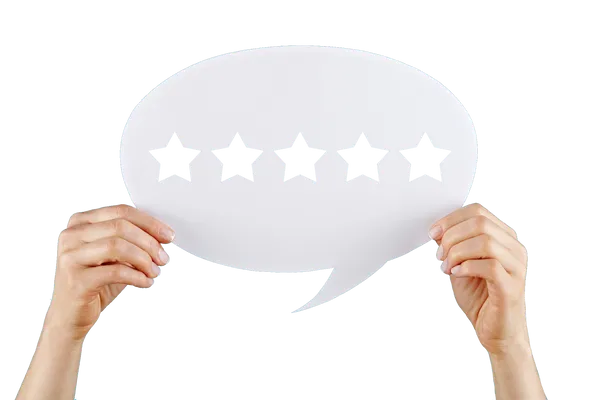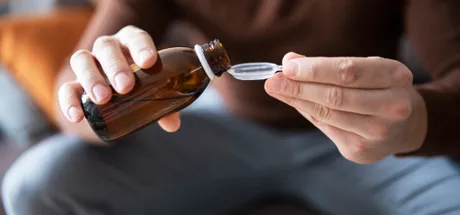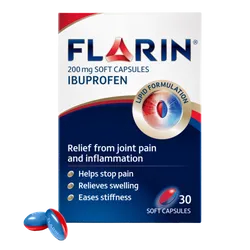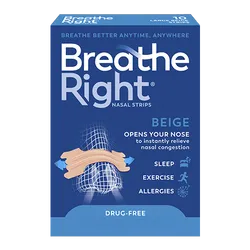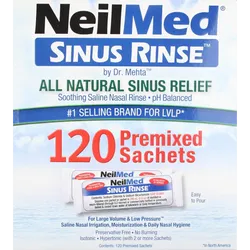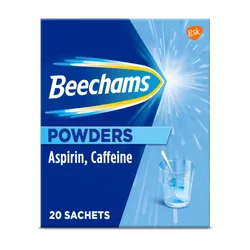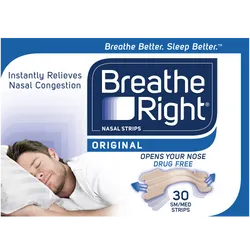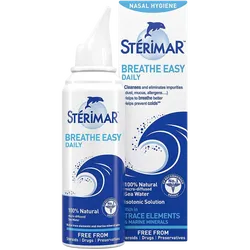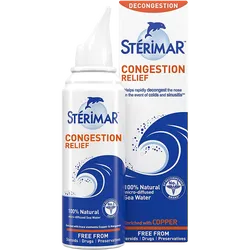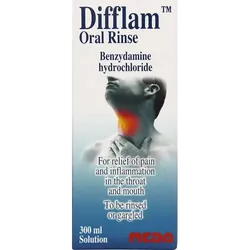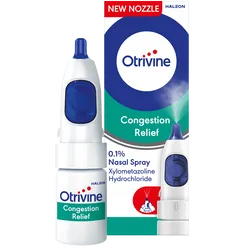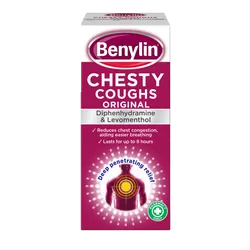Immediate medical advice should be sought in the event of an overdose, even if you feel well, because of the risk of delayed, serious liver damage.
You should only take this medicine as required following the dosage instructions above carefully. If you forget to take a dose, take the next dose when needed provided that the last dose was taken at least 4 hours ago. Do not take a double dose.
Do not use this medicine:
- If you are taking any other medicines containing paracetamol.
- If you have ever had a bad reaction to any of the ingredients.
- If you have heart disease or high blood pressure.
- If you have diabetes.
- If you have an overactive thyroid.
- If you have phaeochromocytoma (rare tumour which affects your heart rate and blood pressure).
- If you are taking, or have taken in the last two weeks, drugs for depression known as Monoamine Oxidase Inhibitors (MAOIs) or Reversible Inhibitors of Monoamine Oxidase (RIMAs).
- If you suffer from or have had closed angle glaucoma (increased pressure in the eye).
- If you are taking beta blockers (used to treat high blood pressure).
- For a child under 6 years of age.
- If you are taking any other cough and cold medicine.
- If you have severe kidney problems.
If any of these apply to you now or in the past, get advice from a doctor or pharmacist without using Benylin 4 For Flu Tablets.
Talk to your doctor or pharmacist:
- If you have kidney or liver problems, including alcoholic liver disease.
- If you have difficulty passing water (urinary retention).
- If you have blocked arteries or veins (occlusive vascular disease).
- If you have a persistent cough such as occurs with asthma, have asthma, are suffering from an asthma attack or a cough that produces a lot of mucus (phlegm).
Talk to your doctor if you are taking any other medicines including:
- Antimuscarinic drugs e.g.: tricyclic antidepressants (drugs to treat mood disorders) - atropine (used to treat some eye conditions and occasionally bowel conditions).
- CNS depressants e.g.: hypnotics (sleeping tablets including barbiturates) - minor tranquillisers (drugs used to relax muscles or decrease anxiety) - opioid analgesics (drugs used to relieve pain e.g. codeine, tramadol, morphine) - antipsychotics (drugs used to treat mood disorders).
- Antihypertensives (drugs used to treat high blood pressure including alpha and beta blockers).
- sympathomimetic drugs (stimulants or appetite suppressants and drugs used to treat congestion and asthma).
- moclobemide (used to treat mood disorders).
- Cardiac glycosides (drugs used to control heart rhythms or contractions) e.g. digoxin.
- Ergot alkaloids (drugs used to treat migraine such as ergotamine and methysergide).
- Oxytocin (drug used to help contractions during childbirth).
- oral contraceptives ("the pill").
- metoclopramide or domperidone (used to treat nausea and vomiting).
- colestyramine (used to treat high cholesterol).
- anticoagulants (drugs that thin the blood, such as warfarin).
- anticonvulsants (drugs to treat epilepsy).
If you are not sure about the medicine you are taking, show the bottle or pack to your pharmacist.
If any of these bullet points apply, talk to a doctor or pharmacist.
Ask your doctor or pharmacist for advice before taking this medicine if you might be pregnant or are breast-feeding.
You can use this medicine while you are taking oral contraceptives (“the pill”) or anticonvulsants (drugs used to treat epilepsy), but the medicine may not work so well on your pain or fever.
This medicine may cause drowsiness. If affected, do not drive or operate machinery. Avoid alcoholic drink.
This product may cause drowsiness. It should NOT be used to sedate a child.
Some of the ingredients can cause problems
This medicine contains Sunset yellow (E110). This may cause allergic reactions.
This medicine contains 1.2 mg sodium per tablet. To be taken into consideration by patients on a controlled sodium diet.
If you experience any of the following stop using the medicine and seek immediate help:
- Allergic reactions including skin rashes (which may be severe and include blistering and peeling of the skin) and itching.
- Allergic reactions to other medicines containing sympathomimetic drugs (stimulants or appetite suppressants and drugs used to treat congestion and asthma).
- Becoming unusually tired, unexpected bruising or bleeding and getting more infections (such as colds) than usual. These are very rare effects in people taking paracetamol.
- Hallucinations and paranoid delusions.
- Rarely people can experience fits.
- Rarely abnormal blood test results for liver function.
If you experience any of the following, stop using the medicine and talk to your doctor:
- Rarely people can have an increased heartbeat, an increased awareness of the heartbeat (palpitations) and high blood pressure.
- Restlessness and sleep disturbances.
Other effects that may occur include:
- Irritability, anxiety, excitability, nausea and sickness.
- Commonly: drowsiness, including some difficulty performing tasks, headache, upset stomach, difficulty in passing urine, stimulation, blurred vision, dry mouth, thickened mucus.
- Rarely: low blood pressure, tremor, shakiness, slurred speech, dizziness, confusion, depression, blood disorders.
If you experience any side-effects not included above, or are not sure about anything, talk to your doctor or pharmacist.
Do not store this product above 25ºC.
Store in the original packaging.
Keep the container in the outer carton.
Keep the product out of the reach and sight of children.
Do not use your medicine after the date shown as an expiry date on the packaging.
Medicines should not be disposed of via wastewater or household waste. Ask your pharmacist how to dispose of medicines no longer required. These measures will help to protect the environment.

